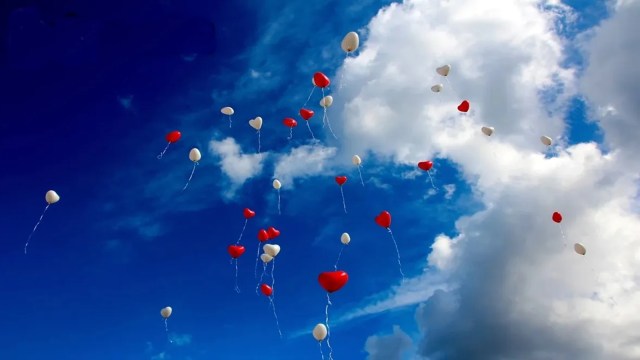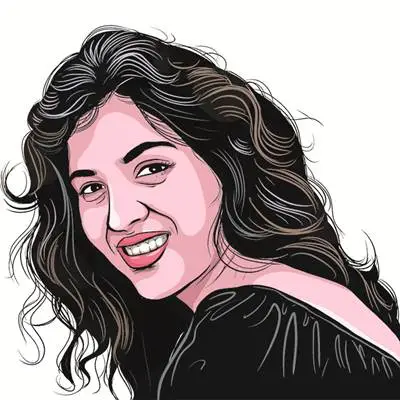Opinion by Leher Kala
The older Jones captured the angst and insecurities women of a certain age carried. Like how this charmingly imperfect anti-star who would take off her watch before stepping on her weighing machine, fervently praying it would help


Nov 29, 2024 05:00 IST First published on: Nov 29, 2024 at 05:00 IST
So much has changed since Bridget Jones’s Diary came out. It was a thought universally acknowledged that a career woman in her 30s would be in dire need of a husband and a baby, in that specific order. At least, that was the premise of Bridget Jones’s Diary, about a hapless and adorably plump heroine whose misadventures with bad boyfriends, hangovers and failed diets elicited many a laugh. The 2001 romantic comedy based on Helen Fielding’s eponymous 1998 book was an instant hit because who doesn’t identify with a gloriously messy bungler whose repeated attempts to fix things end up making situations infinitely worse? Bridget Jones’s Diary was a movie of its time. It came about after the thriving rom-com era of When Harry Met Sally (1989) and Sleepless in Seattle (1993), feel-good cinema that willfully ignored brutal realities and kept its gaze firmly narrow, on escapist happily-ever-afters. Those of us young and hopeful then, suffused with rose-tinted dreams, were just discovering that the course of true love doesn’t run smooth. The sequels, though not as good as the first, mirrored the shifting cultural context and the changing dynamics between men and women.
In the second Bridget Jones movie, The Edge of Reason (2004), the ditsy (and still chubby) character had moved on from reluctant singleton to making the not-so-startling discovery that nabbing Mr Right isn’t all it’s cracked up to be. Fast forward 20 years later, the final installment, Mad About The Boy is all set for a February release. Judging by the trailer, our heroine is middle-aged and a widow, a mother to two young children, still looking for love, and whew, still just about winging it. We tend to think that nothing ever changes but one only needs to rewatch a late ‘90s hit to see how different the world actually is. Rapacious and vacant social media feeds didn’t exist when the first Bridget Jones premiered. The relentless sickness of comparison hadn’t taken over, so, that’s one big plus for the early 2000s.
Most of the other changes time has wrought, however, are overwhelmingly positive; the way single women were socially positioned, as “tragic barren spinsters” at the ripe old age of 35, has, thank goodness, diminished. Till then, the air of desperation that clung to Miss Havisham seemed to envelope 30-something women but as all the various Jones films over the years have shown, when women have their own apartments, cars and friends, they don’t have to also have a permanent man to enjoy life. Dating apps have been enormously liberating. The old-fashioned point of view is that the surfeit of choices available suits men more than women — true only because men tend to be less picky — but that presumes that all women are seeking long-term relationships in the first place. The ticking biological clock is no longer the issue it was. The option of freezing eggs, using sperm donors, and the acceptance of single parenthood means women no longer need to settle. The older Bridget Jones captured the angst and insecurities women of a certain age carried; and some remain. Like how this charmingly imperfect anti-star who would take off her watch before stepping on her weighing machine, fervently praying it would help. People responded instinctively; there’s something comforting about knowing that irrespective of where on the globe we are, our aspirations and challenges are surprisingly the same.
Weight, too much of it, remains a human preoccupation. In my opinion, men worry about it too, just marginally less than women. For women though, the pressure to be perfect is hard to shake off. Instagram reinforces that we need to look like someone straight out of a magazine. Bridget Jones was the first to acknowledge how difficult it is to aspire to stylish thinness and then to have to philosophically make peace with our bodies. The body positivity movement post 2015 came about as a reaction to unrealistic beauty standards, questioning the carefully filtered images of perfection we hold ourselves up to. Way before that, the Jones movies poked fun at our aims and conveyed it’s alright to just be human, canter along, and preferably, laugh about all the maudlin stuff that goes wrong along the way. We may be sure Mad About The Boy tackles today’s issues, online dating, single parenting, Botox, juggling work-leisure balance, the ever present, frustrating gap between what we want and what we actually get.
The writer is director, Hutkay Films
© The Indian Express Pvt Ltd



